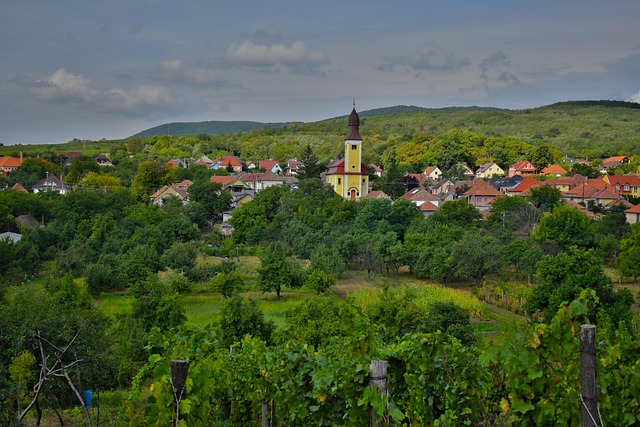Celebrations hold a profound place in human culture, transcending borders and languages to unify people through shared experiences. Across diverse religions, celebrations manifest unique rituals and practices that reflect the core values and beliefs of each faith. Whether it’s a grand festival, a solemn observance, or a joyful gathering, the spiritual significance of these events resonates deeply within individuals and communities alike.
In Christianity, Christmas is perhaps one of the most widely recognized celebrations, symbolizing the birth of Jesus Christ. This season fosters a spirit of generosity, love, and togetherness, inviting people to reflect on themes of compassion and community. Families come together to exchange gifts, share meals, and participate in church services, underscoring the importance of faith in every aspect of their lives.
Similarly, in Judaism, Hanukkah, the Festival of Lights, commemorates the miraculous victory of the Maccabees over the Greeks and the subsequent rededication of the Second Temple in Jerusalem. While it is a time of celebration, it also emphasizes the resilience of faith and the importance of cultural identity. The lighting of the menorah serves as a powerful reminder of hope and perseverance, drawing families closer as they share in traditions passed down through generations.
Hinduism celebrates Diwali, the Festival of Lights, which signifies the victory of light over darkness and good over evil. During this vibrant festival, homes are illuminated with oil lamps, and the air is filled with joy and laughter. Deeply spiritual in nature, Diwali encourages introspection and gratitude, as participants engage in prayers and rituals that honor Lakshmi, the goddess of wealth and prosperity.
In Islam, Eid al-Fitr marks the end of Ramadan, a month of fasting and reflection. This celebration is a time for communal prayers, festive meals, and charitable giving, emphasizing the community’s role in spiritual journeys. Eid embodies the essence of gratitude, connection, and compassion, as families and friends gather to strengthen their bonds and support one another.
Each religion, in its own distinctive way, recognizes the importance of celebration as a vital component of spiritual expression. These moments of joy and reflection are essential for nurturing relationships and reinforcing one’s beliefs. Through prayers, rituals, and communal gatherings, followers experience a deep connection, not only to their faith but also to each other.
The spiritual significance of celebrations extends beyond individual beliefs; they serve as a reminder of our shared humanity. In times of uncertainty or distress, these gatherings provide solace and strength, reinforcing the idea that we are never truly alone. They encourage us to embrace our differences while celebrating the common threads that weave us as a global tapestry of faith.
Understanding the nuances of how different religions celebrate allows us to appreciate the richness of cultural diversity. It fosters empathy and respect among communities, encouraging dialogue and understanding. In a world that often seems divided, the celebration of shared values can lead to healing and unity, reminding us that there is beauty in our varied traditions.
As we honor the spiritual significance of celebrations across religions, we invite reflection on how these events inspire us in our lives. The essence of each celebration beckons us to connect with our inner selves and those around us, deepening our understanding of faith and community.




